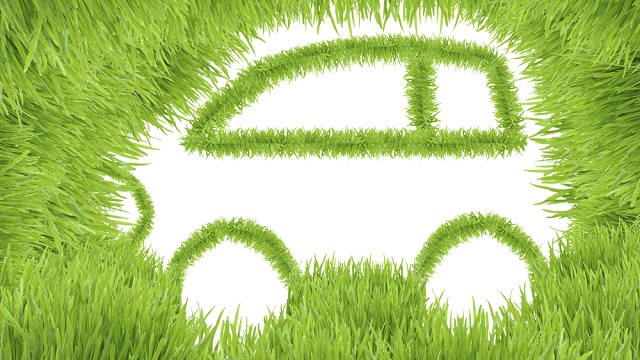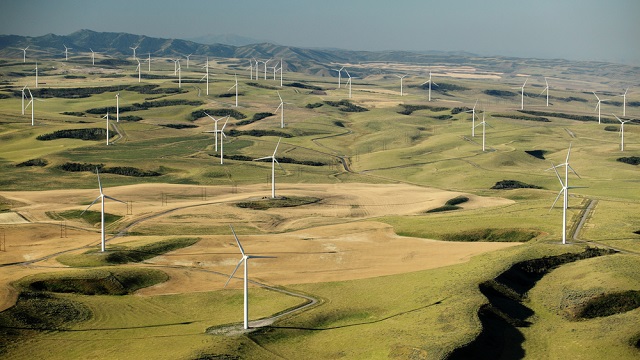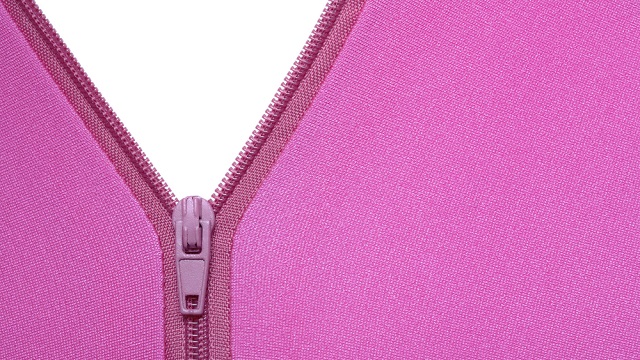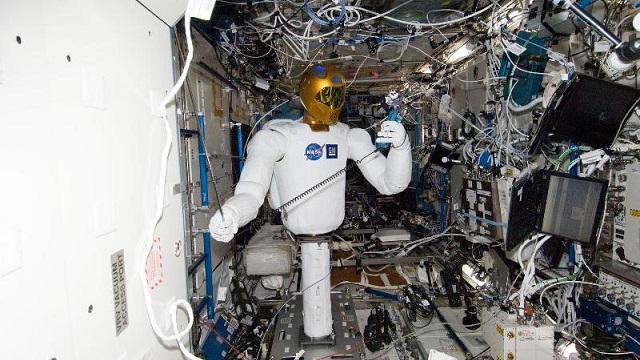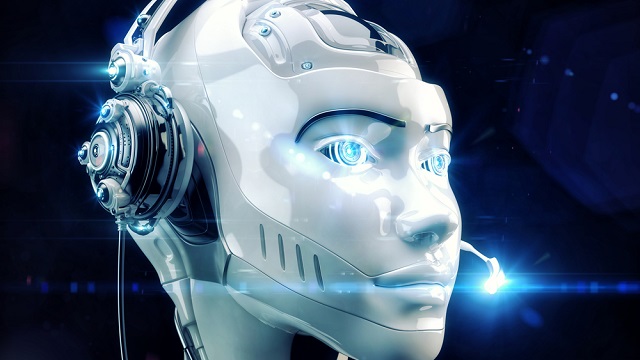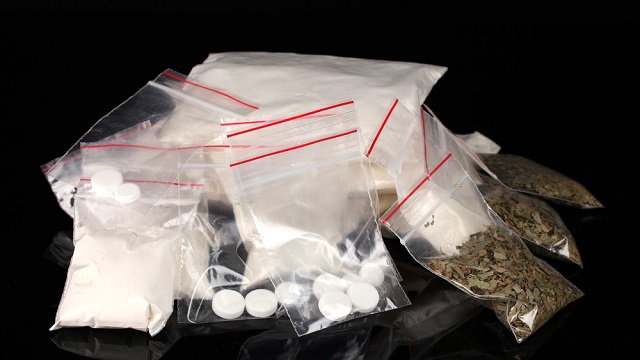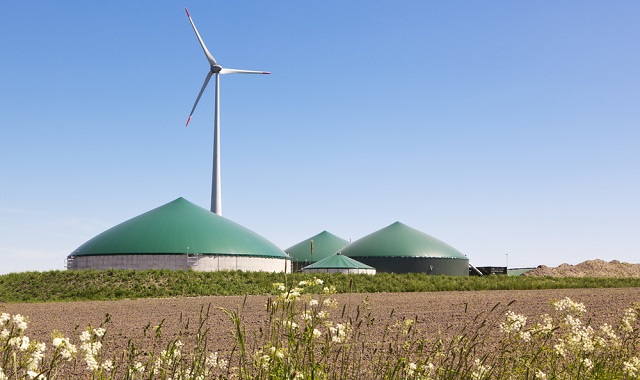Kecia Lynn
Kecia Lynn has worked as a technical writer, editor, software developer, arts administrator, summer camp director, and television host. A graduate of Case Western Reserve University and the Iowa Writers' Workshop, she is currently living in Iowa City and working on her first novel.
The discovery, announced by NASA on Wednesday, is encouraging but still needs to be corroborated. That’s the job of scientists who are conducting experiments deep beneath the Earth’s surface.
The environmentally friendly process, which involves a sugar found in most plants, has the potential to turn hydrogen into one of the most important biofuels in the world.
Complaints of headaches and ear pain from those living near turbines have largely been viewed skeptically from within the scientific community. A new study may start to change those views.
The hagfish produces a substance that consists of very thin, strong and stretchy fibers. Scientists believe lab-created simulations could eventually be woven into thin and flexible garments, and provide a sustainable alternative to synthetic fabrics.
The agency announced a competition that will award $10,000 in prizes to the person or team who can enhance the sight and dexterity of Robonaut 2, who works on the International Space Station.
Last year, the FTC launched a contest offering $50,000 to the person or team who could design a system that would help solve the problem of illegal robocalls. The winners of the prize were revealed today.
If so, you’re not alone…yet: A recent survey showed that Internet radio services are slowly becoming the preferred delivery method, particularly among teens and young adults.
An algorithm that distills articles into poetry has several purposes, including acknowledging National Poetry Month and giving readers one more way to experience the Old Gray Lady’s content.
The text messaging service, which tracks animal health and market prices, is just one of many apps that are helping to transform life in sub-Saharan Africa, the world’s fastest-growing mobile market.
On Monday voice-recognition tech company Nuance announced its Voice Ads platform, which will enable companies to create ads that can have conversations with customers.
Twelve years after the passage of a law that treats possession of small amounts as a misdemeanor, doctors from opposing sides evaluate the results on Portuguese society.
Presumably rain, sleet, etc. are non-entities: If all goes well, Auvergne residents could begin receiving mail from their friendly neighborhood Parrot quadricopter as soon as next month.
It’s only got 125 residents, and benefits from a lot of financial inflow, but the tiny hamlet of Feldheim is demonstrating how its success could work for rural communities worldwide.
China may not be the freest society in the world, but for some time now it’s been catching up to — and outpacing — the US in several facets of research and development.
Although it took place early last month, the winning party is preparing to change the balance of power in the materials export industry, affecting production of electronics worldwide.
Think of it as a variation on the scratch-and-sniff: Designers at Tokyo University of Agriculture and Technology have created a “smelling screen” that’s able to emit scents at pixel level.
Researchers were able to uniquely identify 95 percent of individuals simply by analyzing four times and locations when cell phones were in use. They recommend their results be used to influence future policies on privacy and technology.
Researchers found that simply looking at and holding a bottle of pain medication “nonconsciously decrease[d] pain sensitivity” in test subjects.
In a survey conducted by AT&T, more adults than teens admitted to texting while driving. Interestingly, 60 percent of those said they only started doing so in the last three years, and 98 percent of them knew it was unsafe.
If so, the Gates Foundation wants to hear from you: They have launched a competition to find prophylactic designs that will encourage more people to use them, particularly in the developing world.
In Mexico City, one of the world’s most polluted cities, construction is underway on a tower shielded with a tile screen that breaks down smog into less dangerous components.
Originally designed for the elderly and disabled, the Hitachi Robot for Personal Intelligent Transport System negotiates itself around pedestrians and over uneven terrain using a variety of sensors and guidance systems.
The California city may be the first in the nation to replace residential electric meters with smart meters that provide outdoor wi-fi through a separate channel.
A Florida-based startup has created a bracelet-type device that works with RFID tags at hand washing stations to ensure that its wearer is being thorough. It’s currently targeted at the healthcare industry, where infections can be very expensive.
Created by researchers at the University of Texas-Austin, the cloak only works in the microwave spectrum but could theoretically be used to hide objects in visible light.
Experts say that climate change is affecting the wine industry both in terms of budding grape growing locations — like Denmark — and the quality of wines produced in established locations.
A report out from the EPA this week says that only one in five rivers and streams are in good condition, and just over half are in poor condition.
By genetically modifying a unique microorganism, researchers have discovered a way to turn atmospheric carbon dioxide directly into useful industrial products. Their find could lead to the creation of biofuels that “remove plants as the middleman.”
A study published in the recent issue of Geology ties seismic events in central Oklahoma to wastewater produced from oil extraction and injected deep underground.
It has wings coated in photovoltaic cells that power four electric motors, and next month, the Solar Impulse single-seater will fly from California to New York.

